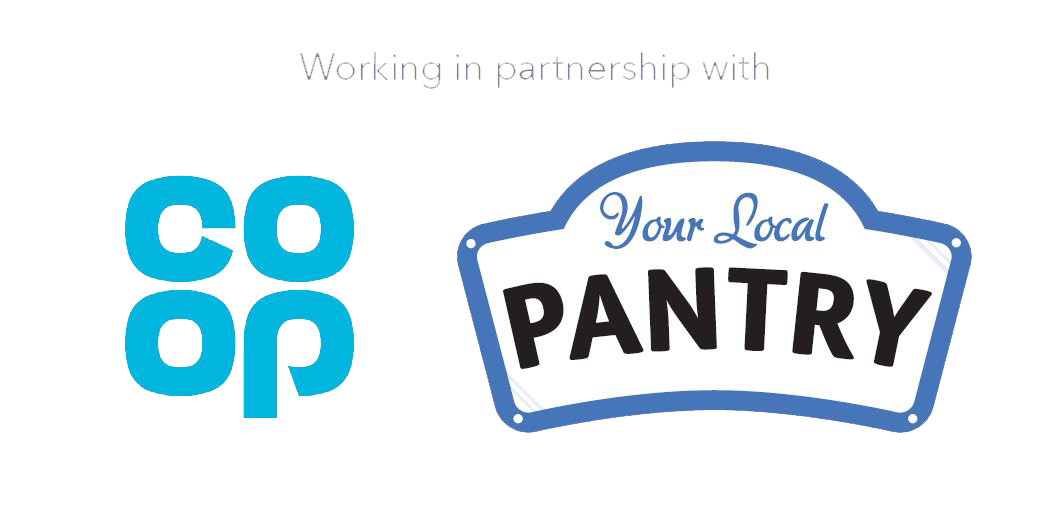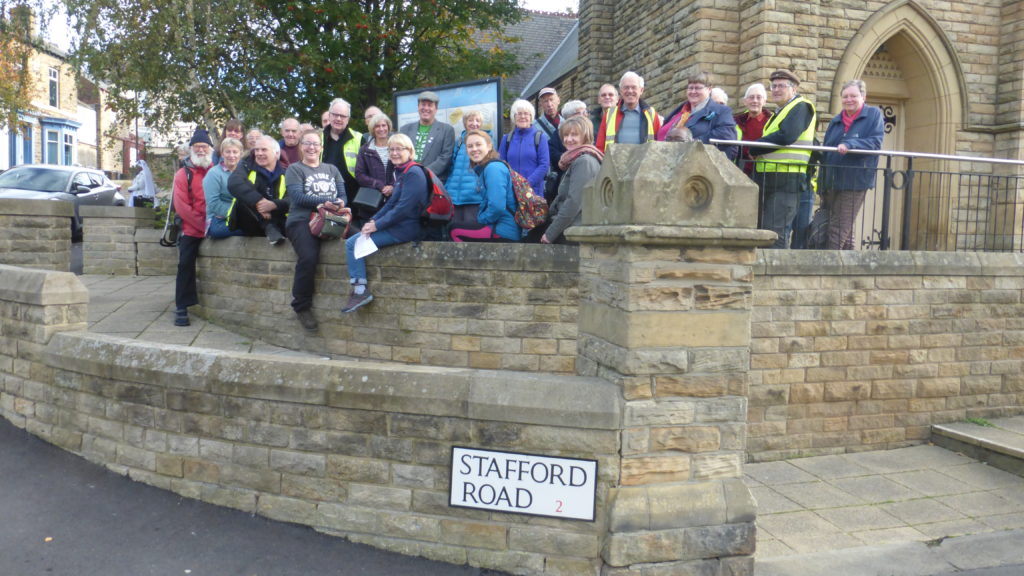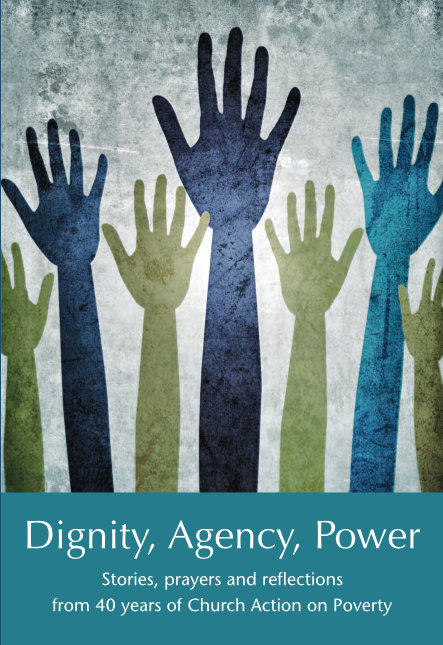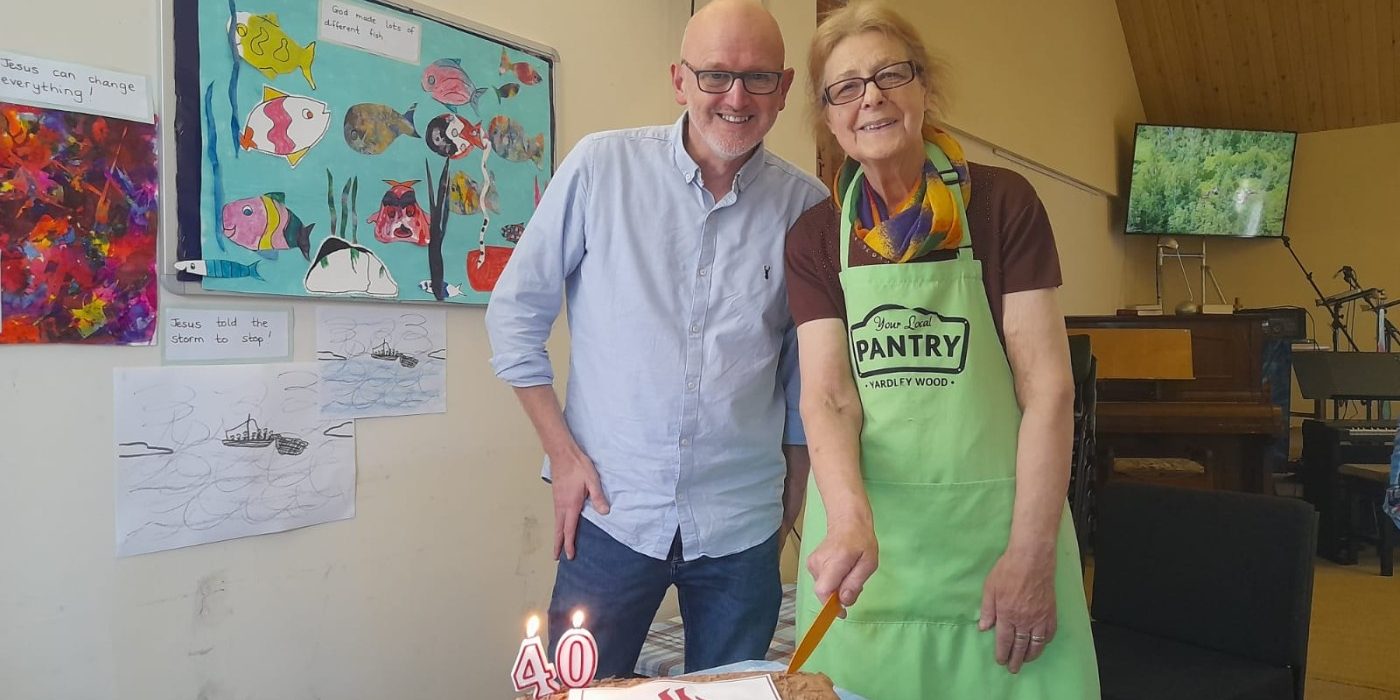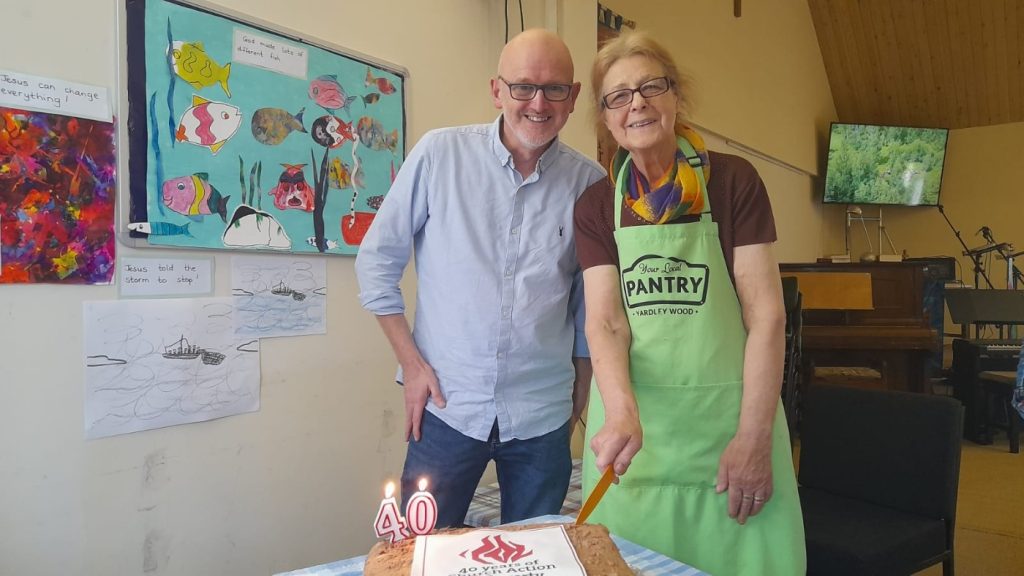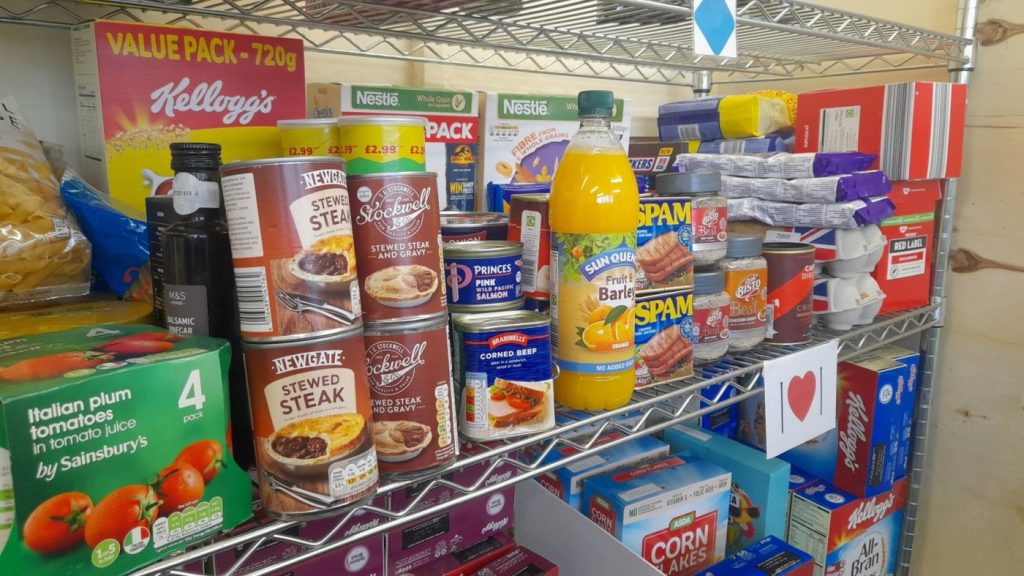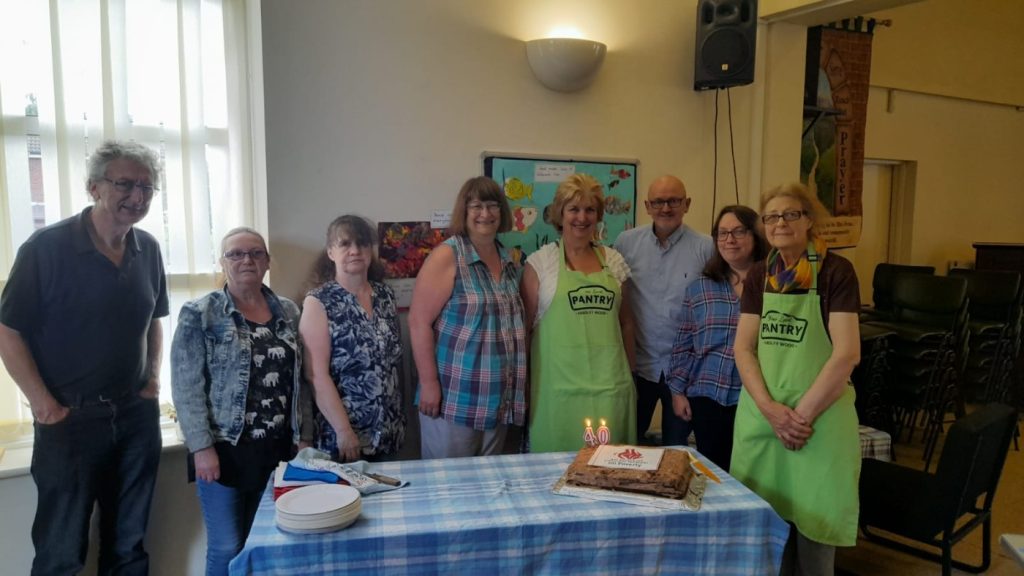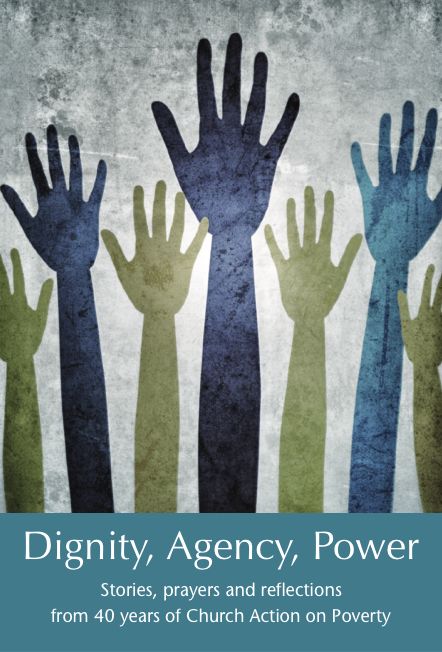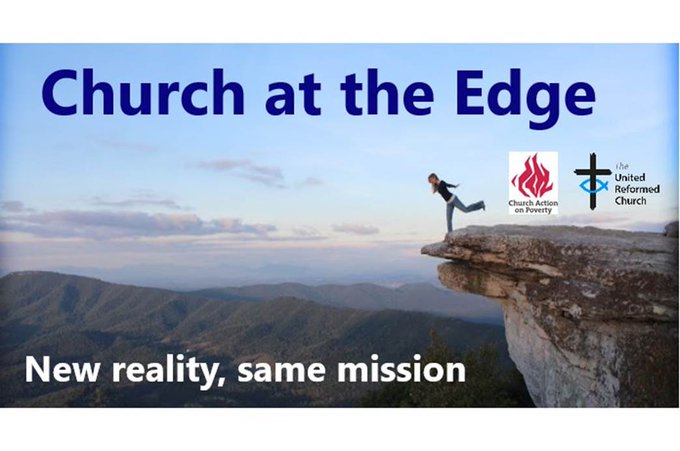Church Action on Poverty has entered a major new partnership with Co-op which will help improve household finances, whilst bringing people together around food.
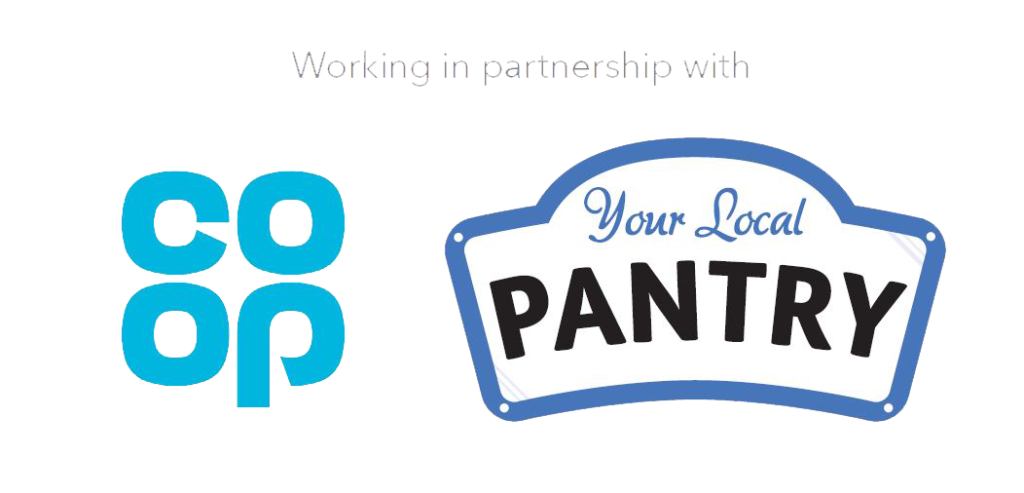
The news follows new research from Co-op which reveals a third (33%) of those impacted by the rising cost of living are turning to food charities more often.
The partnership will see the Your Local Pantry network supported by Church Action on Poverty triple within three years from 75 to 225 pantries across the UK, with the addition of 150 new pantries, creating almost 650,000 visits by July 2025.
These Pantries will support over 30,000 Your Local Pantry members who will save on average £15 per shop, with members often saving £1,000 or more a year or more on shopping bills. Overall, the new locations will help to save Your Local Pantry members up and down the UK an estimated £5 million when fully operational.
Rebecca Birkbeck, Director of Community & Membership at Co-op, said:
“Everybody should have access to good food, this innovative new partnership with Your Local Pantry complements our existing initiatives to provide dignified long-term solutions to food insecurity and the cost of living.
“Pantries are all about dignity, choice and hope. Each one operates as a member-led neighbourhood hub, often serving as a springboard to other community initiatives, opportunities and ideas.
“Things are tough for many of us at the moment and we are proud that pantries will be there to support people and their local communities in dealing with the challenges that are thrown at them, it feels like a real step in the right direction to make the world that little bit fairer.”
James Henderson, Your Local Pantry Network Development Coordinator, added:
“Pantries have enabled tens of thousands of people around the UK to strengthen their community and loosen the grip of high prices. Pantries reduce isolation, foster community and friendships, improve health and pre-empt poverty, and this exciting new partnership with Co-op will enable thousands more people to join and enjoy Pantries.”

Be part of a movement that’s reclaiming dignity, agency and power

